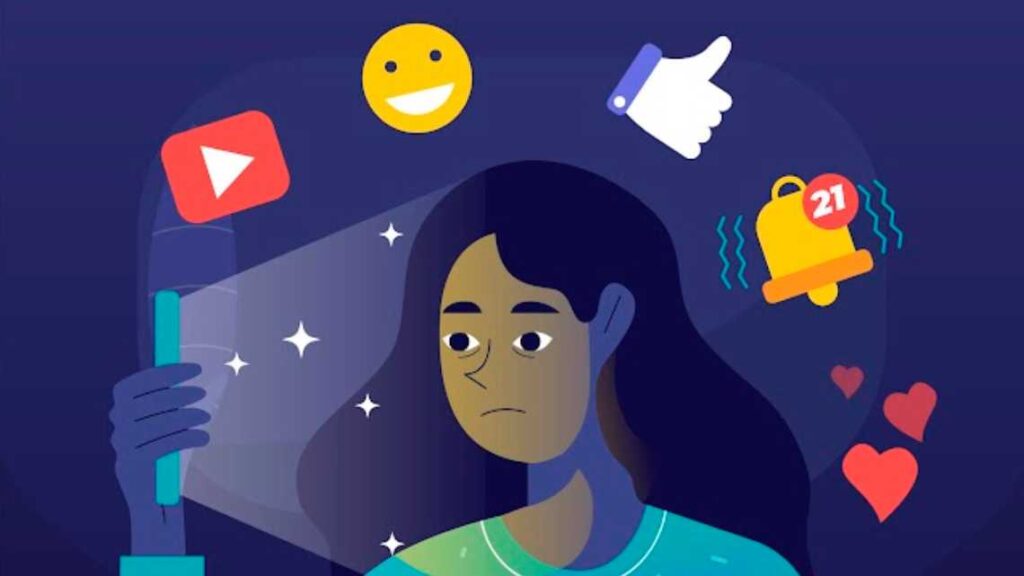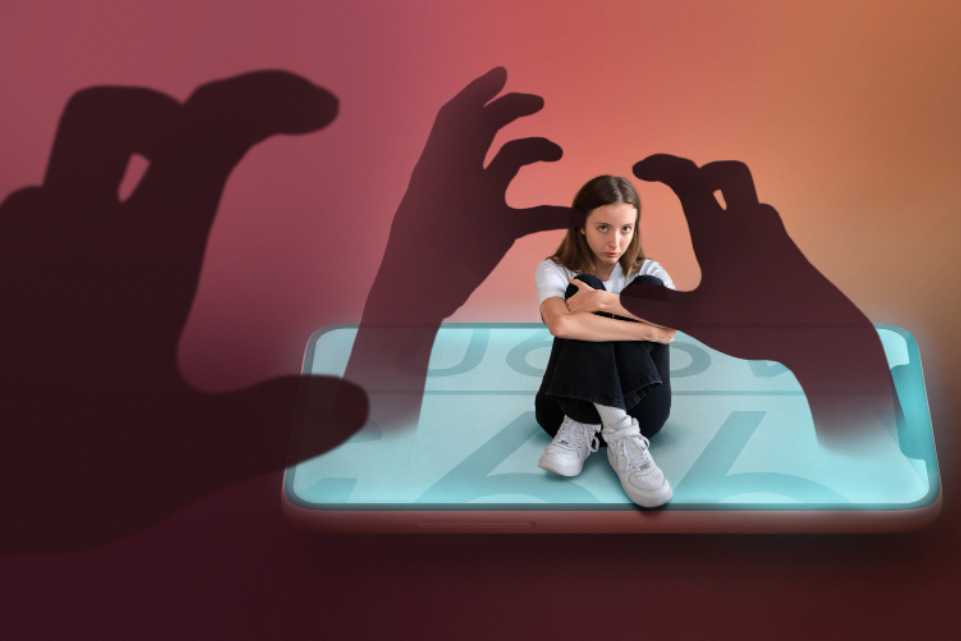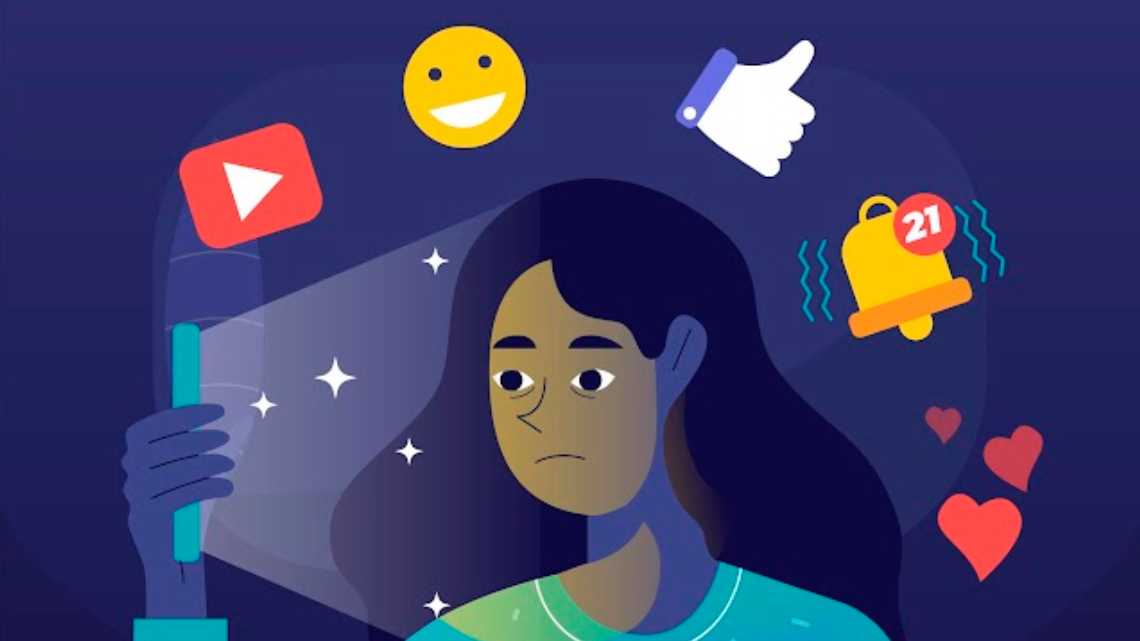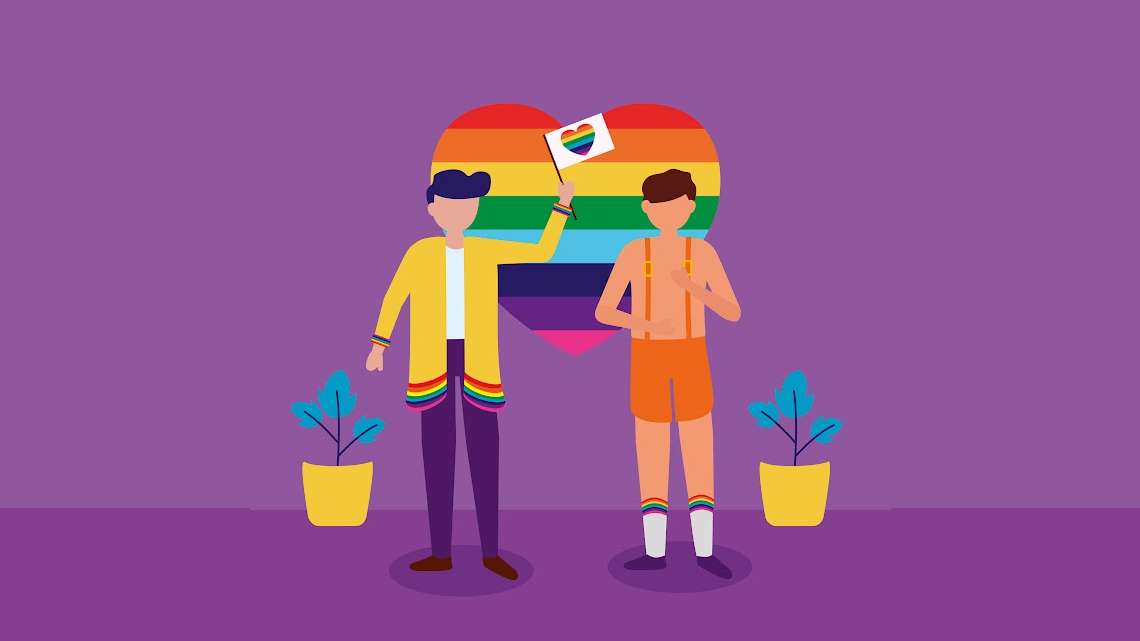
Generation Z, popularly known as Gen-Z, is the class of individuals born between 1996 and 2010. These individuals were born directly into the tech era – a world of peak technological innovation – and are referred to as the “digital natives.” For them, information is easily accessible and social media is ever-present. However, mental health challenges faced by Gen Z are a growing concern in today’s time. By some, they are often referred to as the ‘loneliest generation,’ given their constant time spent online. This can foster feelings of isolation and sadness, among other mental health concerns. Moreover, appreciation and affirmation have become a constant in the digital age of social networks and any sort of negative response makes these individuals prone to mental health issues. Some of the major difficulties that they deal with are:
- Depression
- Anxiety
- Stress
- Social isolation
- Sleep disorders
- Decreased physical interaction
Factors Impacting Gen-Z’s Wellbeing
With an ‘I-do-me’ mindset, this generation is self-reliant, progressive, idealistic, and individualistic. However, is this mindset a reality or just a facade that hides deeper emotional and psychological troubles? Let’s find out!
Digital Overload
Cognitive fatigue and emotional exhaustion, combined together is known as digital overload. Growing up in a hyperlinked digital age with extensive screen time and pervasive digital engagement, digital overload has become one of the leading sources of mental health challenges faced by Gen Z. It leads to harassment, cyberbullying, social comparison and feelings of not being good enough. The pressure to maintain an online presence and create digital content can lead to self-comparison and make one feel inadequate. Increased social media exposure also leads to heightened anxiety, disrupted sleep patterns and decreased attention spans. Moreover, unrealistic representations on social networking sites (luxurious vacations, career achievements, etc.) can make one susceptible to feelings of anxiety and depression, especially when confronted with the discrepancy between their perceived and actual lives.
Academic and Career Pressure
Heightened academic standards and the emphasis put on educational excellence for further admissions and job procurement is shown to be causing considerable psychological distress to young individuals. In addition to these, familial and societal expectations add to the stress that this generation already faces. Feelings of inadequacy, anxiety and apprehension are commonplace for them. The transition from education to employment is increasingly difficult due to shifting job market demands, automation, and economic uncertainty. Traditional career paths are no longer predictable, leading to anxiety about future job security. As a result, young professionals often feel pressured to pursue multiple internships and certifications, which can lead to burnout and mental fatigue. These high expectations for early career success can significantly impact their self-esteem and mental health.
Isolation and Loneliness
Despite being the most digitally connected generation, gen Z experiences profound loneliness and social isolation. This can be attributed to the failure of social media platforms to provide opportunities for in-person interactions rather than just digital connections. This can lead to weak social skills in the real world and increased feelings of loneliness and inadequacy, social comparison, or disconnection from peers. While digital spaces offer a sense of belonging, they often lack the emotional depth and support provided by real-world relationships, thereby escalating the mental health challenges faced by Gen-Z.
Global Uncertainty
Growing up in an era of global instability—ranging from economic downturns to political unrest—Gen Z faces heightened stress levels, adding to the mental health challenges they already grapple with. Concerns about student debts, housing, living costs, wages, etc. contribute to a constant sense of financial instability, thereby affecting their mental wellbeing and long-term goals. Moreover, the threat of climate change has been linked to a new form of anxiety, known as eco-anxiety or climate anxiety, in young individuals. This is a form of chronic stress caused due to concern over the planet’s future. In addition, Political instability, including conflict, social unrest, and human rights violations, often shapes young people’s view of the world as uncertain and unsafe. This constant exposure to volatility can contribute to increased stress, anxiety, and long-term mental health challenges. Such instability also affects their sense of safety and confidence in the future, impacting emotional well-being.

The Art of Digital Wellness
In this age of growing technological use, digital wellness refers to the conscious choice of using technology in a purposeful manner so as to avoid its negative impact on one’s mental health. Here are some ways that can help keep your digital wellbeing put together.
- Device-Free Zones: Designate areas in your homes (such as the dining or living room) where using your devices is off-limits to promote more face-to-face interaction.
- Digital Detox: Schedule regular breaks from social media to help reduce anxiety stemming from comparison and avoid overload of information.
- Limit App Usage: Use built-in features or third-party apps to put a time limit on your social networking or gaming consumption. This helps in minimizing distractions and promotes focus and concentration.
- Quiet Hours: Constant notifications often disrupt attention. A proficient way to avoid this would be to turn off notifications for purposeless apps during productivity hours (usually between 10 am to 3pm). Another way would be to turn on “Do Not Disturb” or “Focus” mode on your devices during peak productivity hours.
- Routine Screen Breaks: Studies suggest that looking away from screens regularly can help in reducing mental exhaustion and strain on your eyes. A good way to incorporate this in your lifestyle is the 20-20-20 rule: After 20 minutes, avert your gaze from the screen for 20 seconds and observe something at least 20 feet away.
- Curate your Social Media: Regularly clean up your social media feeds and subscriptions to protect your mental well-being. Unfollow accounts or unsubscribe from content that feels negative, overwhelming, or no longer aligns with your goals and interests. Creating a more positive and intentional digital space can boost focus, reduce stress, and support healthier online habits.
The mental health challenges faced by Gen Z are deeply intertwined with digital saturation, academic competition, and a volatile global landscape. Prioritizing digital wellness and setting healthy boundaries with technology is essential for protecting their emotional well-being. By making conscious lifestyle choices, Gen-Z can reduce anxiety, improve focus, and build stronger real-world connections. Promoting digital balance is key to a healthier, more resilient future for this tech-savvy generation.
Photo Credits:
First image: freepik
Second image: freepik
References
Rosyadi, A. (2024). How to prioritize mental health in an overconnected digital world. Shift Blog. https://shift.com/blog/tips-tricks/how-to-prioritize-mental-health-in-an-overconnected-digital-world/
Matilda, A. M., Wulandari, B. P. A. I., & Darmanto, D. (2025). UNDERSTANDING GEN Z’S MENTAL HEALTH CHALLENGES. PHENOMENON: Multidisciplinary Journal Of Sciences and Research, 3(01), 38-52.
The Annie E. Casey Foundation. (2024). Generation Z’s mental health issues. The Annie E. Casey Foundation. https://www.aecf.org/blog/generation-z-and-mental-health

Sakshi
About the author
Sakshi is a clinical psychologist with a deep passion for understanding human behavior, a strong drive for research, and a keen eye for psychological intricacies. Committed to continuous learning, she seeks to explore every facet of psychology, from theory to practice, to better support and empower individuals. With a curiosity that fuels her pursuit of knowledge, she strives to bridge the gap between research and real-world applications, making psychology more accessible and impactful.
Recently Added
Generation Z, popularly known as Gen-Z, is the class of individuals born between 1996 and 2010. These individuals were born directly into …
As most of us are aware, LGBTQ+ is an acronym for lesbian, gay, bisexual, transgender, queer, and other gender and sexual minorities. …
Adaptogens are a class of natural herbs, roots, and mushrooms that assist the body in adapting to stressors in the environment. These …




